
Data from the phase 3b ALIDHE study may enrich knowledge on ivosidenib plus azacitidine’s safety and efficacy in IDH1-mutated acute myeloid leukemia.

Your AI-Trained Oncology Knowledge Connection!


Data from the phase 3b ALIDHE study may enrich knowledge on ivosidenib plus azacitidine’s safety and efficacy in IDH1-mutated acute myeloid leukemia.

The 1-year EFS with CART19 was 90% among patients with B-ALL who had 1 or more CNS relapses.
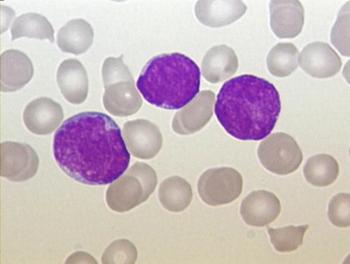
Zanubrutinib led to a 72% reduction in the risk of disease progression or death vs bendamustine/rituximab in this CLL/SLL population.

Data from the SEQUOIA trial support the use of zanubrutinib/venetoclax in CLL or SLL regardless of del(17p)/TP53 mutation or IGHV mutational status.
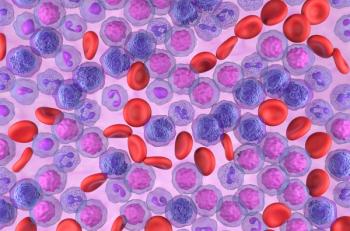
Data from the BRUIN-CLL-313 study may support pirtobrutinib as a new potential standard of care for those with untreated CLL or SLL.

A total of 45% of patients with B-cell acute lymphoblastic leukemia experienced cytokine release syndrome while receiving treatment with MK-1045, of which 3% experienced grade 3 events.

Among patients with NPM1-mutated and KMT2A-rearranged disease, respectively, the ORR was 65% and 41% in the phase 1 KOMET-007 trial.

Ziftomenib given at 600 mg in combination with venetoclax/azacitidine produced high response rates in NPM1-mutated AML.

“Pirtobrutinib continues to show favorable efficacy and promising overall survival [OS],” said William G. Wierda, MD, PhD.

Once a patient-specific dose is determined, an all-oral combination of revumenib plus decitabine/cedazuridine and venetoclax may be “very good” in AML.

Clinical efficacy and response rates were increased with blinatumomab/ponatinib vs chemotherapy/imatinib for patients with Ph+ ALL.

The CR/CR with incomplete bone marrow recovery rate was 12.8% in patients with relapsed/refractory CLL/SLL following zanubrutinib treatment.

Investigators reported fewer dose reductions due to treatment-emergent adverse effects with pirtobrutinib vs ibrutinib in the phase 3 BRUIN CLL-314 trial.

Azacitidine plus venetoclax reduced the risk of progressive disease, persistent disease prompting therapy change, relapse, hospice, or death by 45%.

Even among Black patients with sufficient social support for clinical trial enrollment, there is inequity related to accessing allogenic transplantation.

Results from a phase 2 trial showed an ORR of 62.5% in patients receiving lisaftoclax monotherapy for CLL/SLL.

A total of 30.0% and 31.5% of families with children undergoing chemotherapy for ALL experienced household material hardship or catastrophic income loss.

Fixed-duration venetoclax regimens with obinutuzumab or ibrutinib showed noninferior PFS vs continuous single-agent ibrutinib in the phase 3 CLL17 trial.

Future work may expand analyses of measurable residual disease as a surrogate end point in AML to the use of modern, non-intensive treatment backbones.

The 2-year EFS end point was met in the cohort of patients given non-TBI conditioning and allogeneic HCT among those with B-ALL who are pre-HCT and NGS MRD-negative.

Updated results at ASH 2025 may support new alternatives to continuous therapy and standard intensive chemotherapy across different leukemia types.
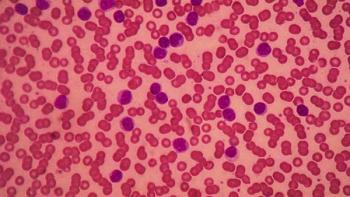
At a median follow-up of 61.2 months, zanabrutinib demonstrated superior PFS vs bendamustine and rituximab in patients with CLL and SLL.

Median duration on bezuclastinib was 56 weeks vs 40 weeks for placebo in non-advanced systemic mastocytosis, the phase 2 Summit trial reported.

From 2013 to 2022, the rate of important identified risks associated with ponatinib in the treatment of those with ALL or CML had decreased.
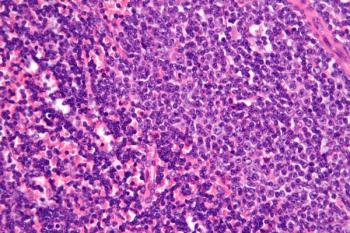
Data shown at ASH 2024 demonstrated higher OS rates with anti-CD20 antibodies in patients with chronic lymphocytic leukemia and small lymphocytic lymphoma.
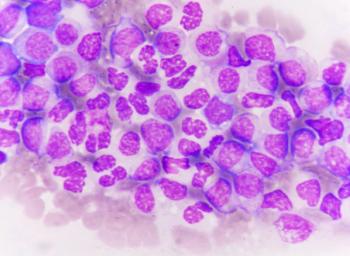
For patients with HMA–naive chronic myelomonocytic leukemia, an IO-202 combo demonstrated durable responses, a phase 1b study found.
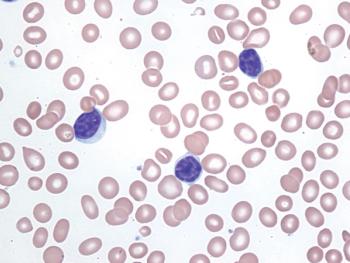

Pirtobrutinib sustained BTK inhibition and improved progression-free survival in patients with CLL and SLL, data from the phase 3 BRUIN CLL-321 trial showed.
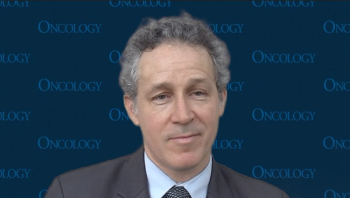
Compared with second-generation tyrosine kinase inhibitors, asciminib was better tolerated in patients with chronic myeloid leukemia.

Phase 2 results showed high undetectable MRD rates with pirtobrutinib, venetoclax, and obinutuzumab for patients with chronic lymphocytic leukemia.